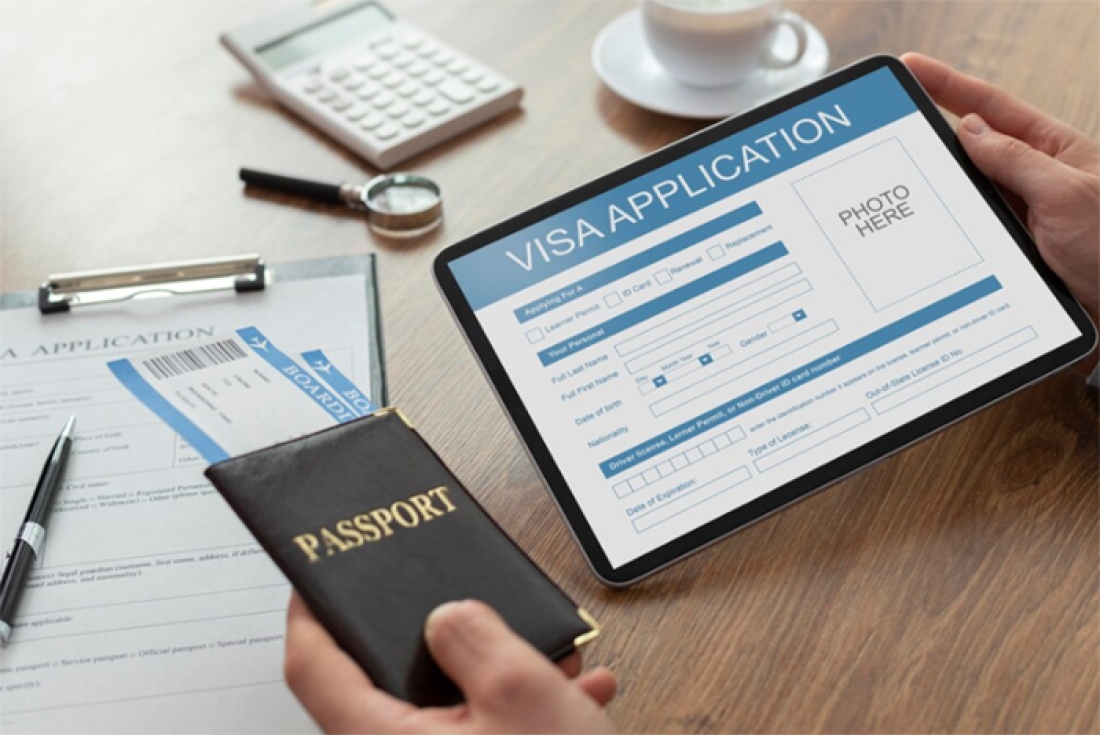Understanding Zambia's Immigration Framework
Zambia’s immigration legal framework is primarily governed by the Immigration and Deportation Act No. 18 of 2010, subsequent amendments, and accompanying regulations. These laws establish the framework for various permits and visas, including employment permits, residence permits, and temporary permits. The Department of Immigration, under the Ministry of Home Affairs and Internal Security, administers these laws and ensures compliance.
Key Permit Categories
- Employment Permit: Foreign nationals seeking to work in Zambia must obtain an employment permit. This permit is typically issued to individuals with specialized skills not readily available in the local labour market. Employers must demonstrate efforts to recruit Zambian citizens before hiring expatriates. This is a requirement under the Employment Code Act, 2019 which places an obligation on an employer, in filling an employment vacancy, to employ a citizen except where a citizen does not posses the skills required for that job or a citizen does not apply for that job. The application process involves submitting a detailed job description, proof of qualifications, and a police clearance certificate.
- Residence Permit: Foreign nationals intending to reside in Zambia for an extended period must obtain a residence permit. This permit is granted to those with employment, investment, or family ties in the country. Applicants must provide proof of financial stability, a valid passport, and a clean criminal record. Additionally, continuous employment for ten (10) years or an investor’s permit for three (3) years is required.
- Temporary Permit: For short-term stays, foreign nationals can apply for a temporary permit. This permit is suitable for individuals visiting Zambia for business, tourism, or family visits. Temporary permits are typically valid for up to 90 days and can be extended if necessary.
Navigating Potential Hurdles
- Navigating Bureaucracy: Permit applications can be time-consuming. Engaging a reputable immigration consultancy streamlines the process and ensures accurate documentation
- Compliance with Local Laws: Strict adherence to Zambia’s immigration laws is essential. Non-compliance can result in hefty fines, deportation, or future entry blacklisting. It is crucial to stay updated on any changes in immigration policies and adhere to all requirements.
- Integration and Cultural Adaptation: Expatriates should integrate into local culture and adapt to the Zambian way of life. Learning the local language, respecting norms, and building relationships enhance the overall experience.
Opportunities for Businesses
Zambia’s government offers incentives to attract foreign investment, especially in sectors like mining, agriculture, and tourism. Aligning business strategies with national development goals can lead to significant growth opportunities.
Conclusion
Successfully navigating Zambia’s immigration policies demands a thorough grasp of the legal framework and proactive compliance. Both businesses and expatriates must remain informed and adapt swiftly to evolving regulations. At CGCSo, we stand ready to assist individuals and businesses in navigating these intricacies and staying well-informed.
Contact Us:
Phone: +260 211 296011 / 12 / 13 | +260 960 628385 | +260 770 628385 | +260 953 083688
Email: This email address is being protected from spambots. You need JavaScript enabled to view it.
We are here to ensure your transition to Zambia is seamless and successful.






















